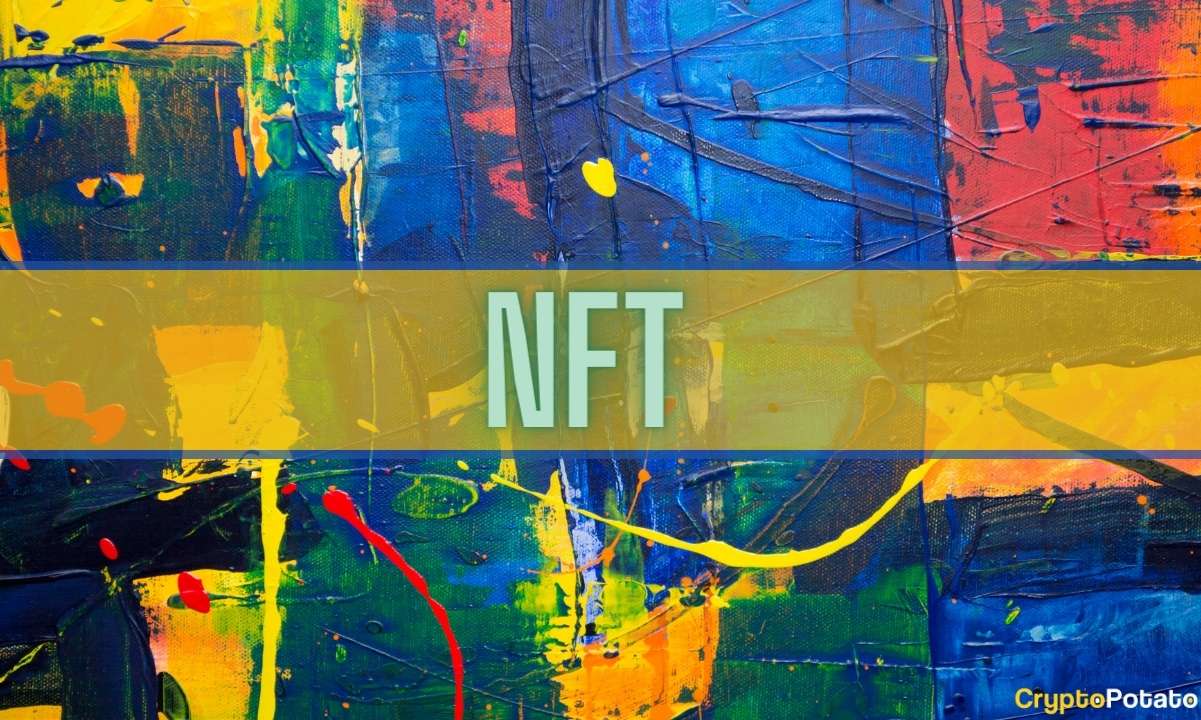Controversial Filesharing Platform LimeWire Relaunches As NFT Marketplace

[ad_1]
LimeWire was one of the many P2P filesharing companies that had earlier pushed illegal downloading of music onto the masses before shutting its operations in 2011 following lengthy court battles. But the now-defunct site is set to make a comeback this year as a music-focused NFT marketplace.
LimeWire’s Comeback
The new owners of the defunct LimeWire have revealed that it will be relaunched as an NFT marketplace. The focus will initially be on music and related collectibles. Last year, Austrian brothers Julian and Paul Zehetmayr had purchased LimeWire’s intellectual property and other assets.
The rebooted version will allow users to buy and trade limited editions, unreleased demos, digital merchandise, among other rare items.
The restoration of LimeWire was fully funded by Zehetmayrs’ after selling previous ventures. The duo plans on securing additional capital through the launch of a LimeWire token (LMWR) as part of its roadmap. Initially, tokens will be sold to a select few strategic partners just before a public sale later down the line. The token holders will be able to make changes to LimeWire’s policies and to choose artists to be featured in its music charts.
Under the new leadership, LimeWire to debut in May this year. Following the debut and the public token sale, the platform aims to steer towards its official launch into the film industry.
Julian Zehetmayr was quoted saying,
“The issue with the NFT market is that most platforms are decentralized. If you look at bitcoin, all the exchanges are making it easy to buy, trade, and sell bitcoin. There’s no one doing the same in the NFT space. We’ve got this great mainstream brand that everybody’s nostalgic about. We thought we needed to build a real mainstream user experience as well.”
A Brief History
Long before subscription-based streaming services such as Spotify and Netflix, LimeWire, along with other popular peer-to-peer file-sharing services, was the only refuge to many individuals for almost a decade. LimeWire was founded in 2000 but reached its peak only after a couple of years. It greatly benefitted from Napster’s demise due to multiple copyright-violation lawsuits.
Even as LimeWire’s predecessor was forced out of business. The filesharing site continued to operate for years. It wasn’t until 2006 that troubles began to brew for the platform. It was forced to close shop after a New York court ruled in the favor of the record labels Arista Records and the RIAA (Recording Industry Association of America).
Binance Free $100 (Exclusive): Use this link to register and receive $100 free and 10% off fees on Binance Futures first month (terms).
PrimeXBT Special Offer: Use this link to register & enter POTATO50 code to receive up to $7,000 on your deposits.
[ad_2]
Source link
